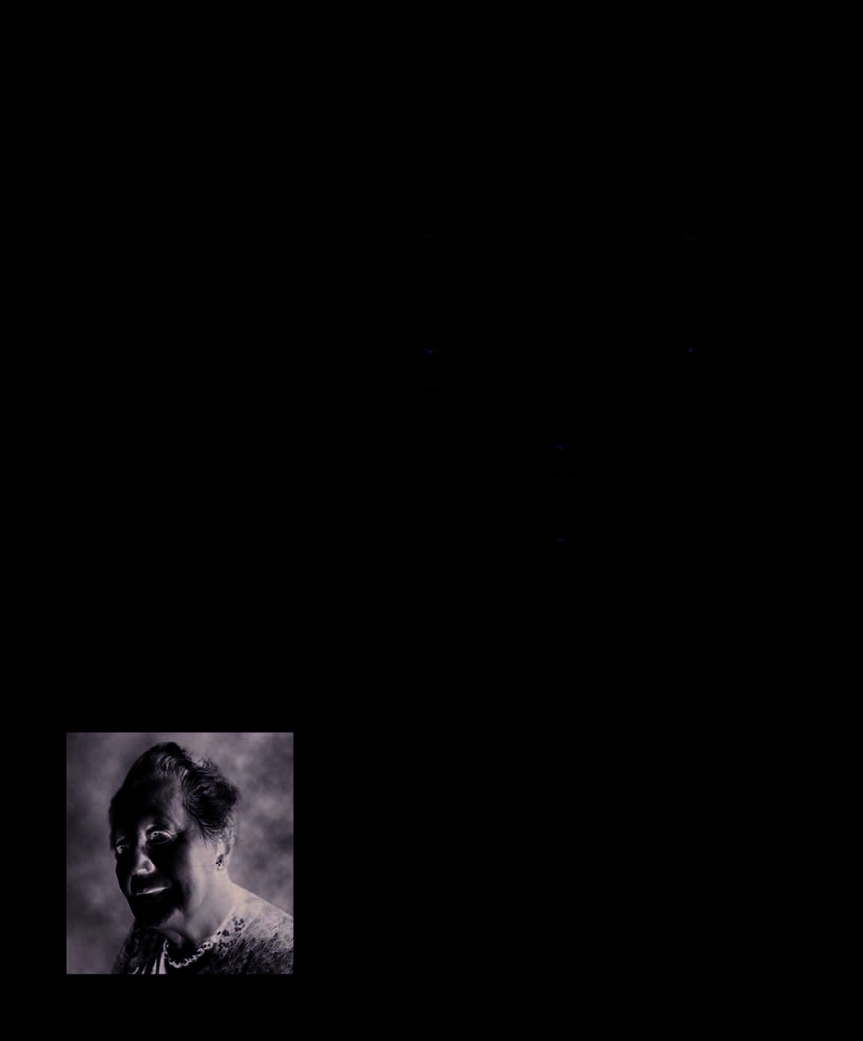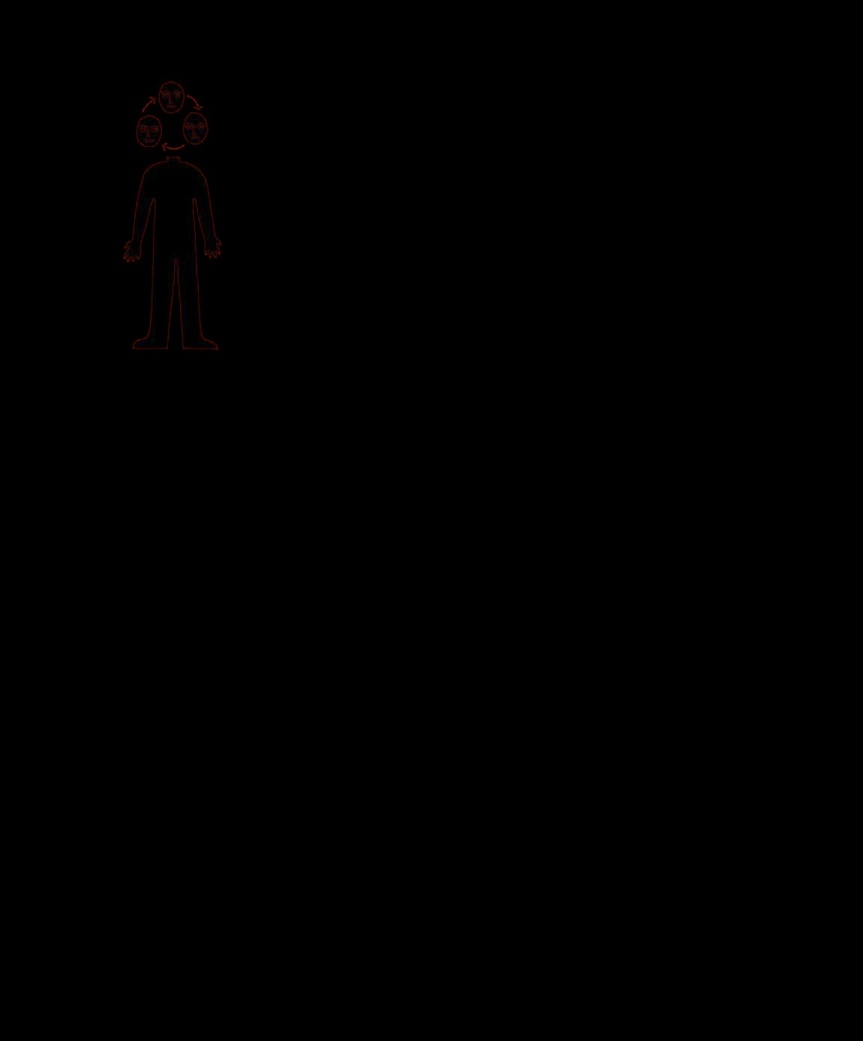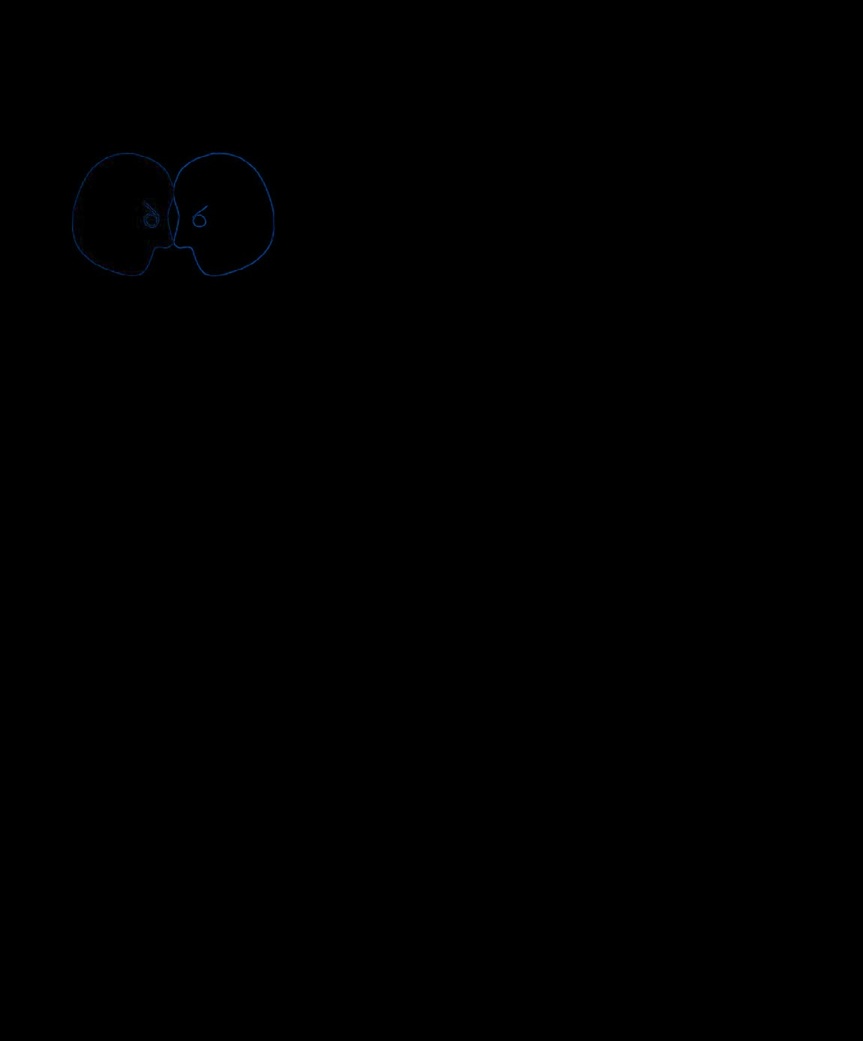The Psychology Book (35 page)
Read The Psychology Book Online
Authors: Unknown

Drama’s power
lies in its reflection of
1910
Psychoanalyst Wilhelm
the instinctive drives we have
real emotions and feelings. Great plays,
Stekel suggests that social
for life and death.
such as Shakespeare’s
Romeo and
suppression of the sexual
Sigmund Freud said that to
Juliet, s
how not only love’s life-affirming
instinct is paralleled by the
avoid being destroyed by our own
force, but also its deadly, toxic aspects.
growth of a death instinct.
death instinct, we employ our
narcissistic or self-regarding life
procreation to creativity—are
1932
Sigmund Freud claims
instinct (libido) to force the death
forced to run constantly against an
that the most basic drive
instinct outward, directing it
equally powerful and destructive
for satisfaction is in fact a
against other objects. Melanie Klein
force, and that this ongoing psychic
striving toward death.
expanded on this, saying that even
tension underlies all suffering.
as we redirect the death force
Klein also stated that this
AFTER
outward, we still sense the danger
psychic tension explains our innate
2002
American psychologist
of being destroyed by “this instinct
tendency toward aggression and
Julie K. Norem introduces the
of aggression;” we acknowledge the
violence. It creates a related
idea of “defensive pessimism,”
huge task of “mobilizing the libido”
struggle between love and hate,
suggesting that being
against it. Living with these
present even in a newborn baby.
pessimistic may in fact
opposing forces is an inherent
This constant battle between our
better prepare people to
psychological conflict that is
life and death instincts—between
cope with the demands
central to human experience.
pleasure and pain, renewal and
and stresses of modern life.
Klein claimed that our tendencies
destruction—results in confusion
toward growth and creation—from
within our psyches. Anger or

PSYCHOTHERAPY 109
See also:
Sigmund Freud 92–99 ■ Anna Freud 111 ■ Jacques Lacan 122–23
“bad” feelings may then become
directed toward every situation,
whether they are good or bad.
The human unconscious contains…
Constant conflict
Klein believed that we never shed
these primitive impulses. We
maintain them throughout life,
never reaching a safe, mature state,
…the
life instinct
, which
…the
death instinct
, which
drives us toward growth
drives us toward destruction
but living with an unconscious
and creation.
and disintegration.
that simmers with “primitive
fantasies” of violence. Given the
permeating influence of such a
psychic conflict, Klein thought
that traditional notions of happiness
are impossible to attain, and that
Life itself is the striving against a drive toward death.
living is about finding a way to
tolerate the conflict; it is not about
achieving nirvana.
As this state of tolerance is the
best that we can hope for, Klein
found it unsurprising that life falls
This creates a constant
psychic tension
in which…
short of what people desire or
believe they deserve, resulting in
depression and disappointment.
Human experience, to Klein, is
inevitably filled with anxiety, pain,
…the struggle between the life and death
loss, and destruction. People must,
instincts persists throughout life.
therefore, learn to work within the
extremes of life and death. ■
Melanie Klein
One of four children, Melanie
Although Klein did not have any
Klein was born in Austria. Her
formal academic qualifications,
parents, who later divorced, were
she was a major influence in the
cold and unaffectionate. At 17, she
field of psychoanalysis, and is
became engaged to Arthur Klein,
particularly revered for her work
an industrial chemist, casting
with children, and for her use of
aside her plans to study medicine.
play as a form of therapy.
Klein decided to become a
psychoanalyst after reading a
Key works
book by Sigmund Freud in 1910.
She suffered from depression
1932
The Psychoanalysis of
herself, and was haunted by
Children
death: her adored elder sister
1935
A Contribution to The
died when Klein was four; her
Psychogenesis of Manic
older brother died in a suspected
Depressive States
suicide; and her son was killed in
1961
Narrative of a Child
a climbing accident in 1933.
Analysis

110
THE TYRANNY
OF THE
“SHOULDS”
KAREN HORNEY (1885–1952)
IN CONTEXT
APPROACH
S
ocial environments—from the beliefs, but from those internalized
family to schools, workplaces,
from a toxic environment. These
and the wider community—
play out as internalized messages,
develop cultural “norms” upheld by
especially in the form of “shoulds,”
Psychoanalysis
certain beliefs. The German-born
such as “I should be recognized and
BEFORE
psychoanalyst Karen Horney said
powerful” or “I should be thin.” She
that unhealthy, or “toxic,” social
taught her patients to become aware
1889
In
L’Automatism
environments are likely to create
of two influences in their psyche: the
Psychologique
, Pierre Janet
unhealthy belief systems in
“real self” with authentic desires,
describes “splitting,” where
individuals, hindering people from
and the “ideal self” that strives to
a personality branches into
realizing their highest potential.
fulfill all the demands of the
distinct, separate parts.
Horney said that it is essential to
“shoulds.” The ideal self fills the
AFTER
recognize when we are not
mind with ideas that are unrealistic
1950s
Melanie Klein says that
operating from self-determined
and inappropriate to the journey of
people split off parts of their
the real self, and generates negative
personalities to cope with
feedback based on the “failures” of
otherwise unmanageable,
the real self to achieve the
expectations of the ideal self. This
conflicting feelings.
leads to the development of a third,
1970s
Austrian psychoanalyst
unhappy self—the “despised self.”
Heinz Kohut claims that when
Forget about the
Horney says the “shoulds” are the
a child’s needs are not met,
disgraceful creature
basis of our “bargain with fate;” if
a fragmented self emerges,
you actually
are
; this is
we obey them, we believe we can
consisting of the narcissistic
how you
should be
.
magically control external realities,
self and the grandiose self.
Karen Horney
though in reality they lead to deep
unhappiness and neurosis. Horney’s
1970s
Albert Ellis develops
views were particularly relevant in
Rational Emotive Behavioral
her own social environment, early
Therapy to free people from
20th-century Germany, which
internalized “musts.”
leaned heavily toward conformity. ■
See also:
Pierre Janet 54–55 ■ Sigmund Freud 92–99 ■ Melanie Klein 108–09 ■
Carl Rogers 130–37 ■ Abraham Maslow 138–39 ■ Albert Ellis 142–45

PSYCHOTHERAPY 111
THE SUPEREGO
BECOMES CLEAR ONLY
WHEN IT CONFRONTS
THE EGO WITH HOSTILITY
ANNA FREUD (1895–1982)
IN CONTEXT
APPROACH
A
ccording to the Bible, effects upon the ego. The ego
Adam and Eve in the
takes account of the realities of the
Garden of Eden are
world, and is also simultaneously
decision-makers, faced with the
engaged with the id and relegated
Psychoanalysis
choice between temptation and
to an inferior position by the
BEFORE
righteousness. In his structural
superego. The superego speaks
model of the psyche, Sigmund Freud
through the language of guilt and
1920
Sigmund Freud first
describes a similar model within the
shame, like a kind of internalized
uses the concepts of the ego,
human unconscious, proposing a
critical parent. We hear the superego
id, and superego in his essay
psychic apparatus of three parts: the
when we berate ourselves for
Beyond the Pleasure Principle
.
id, the superego, and the ego.
thinking or acting a certain way;
AFTER
The id, like a sneaky serpent,
the superego becomes clear (or
1950s
Melanie Klein disagrees
whispers to us to do what feels
“speaks out”) only when it confronts
that actual parental influence
good. It is driven entirely by desire,
the ego with hostility.
is involved in the formation of
seeking pleasure and the fulfilment
the superego.
of basic drives (such as food, comfort,
Ego defense mechanisms
warmth, and sex). The superego, like
The critical voice of the superego
1961
Eric Berne presents
a righteous presence, calls us to
leads to anxiety, and this is when,
the idea that we retain child,
follow the higher path. It imposes
according to Anna Freud, we bring
adult, and parental ego states
parental and societal values and tells
ego defenses into play. These are
throughout our lives, and says
us what we should and should not
